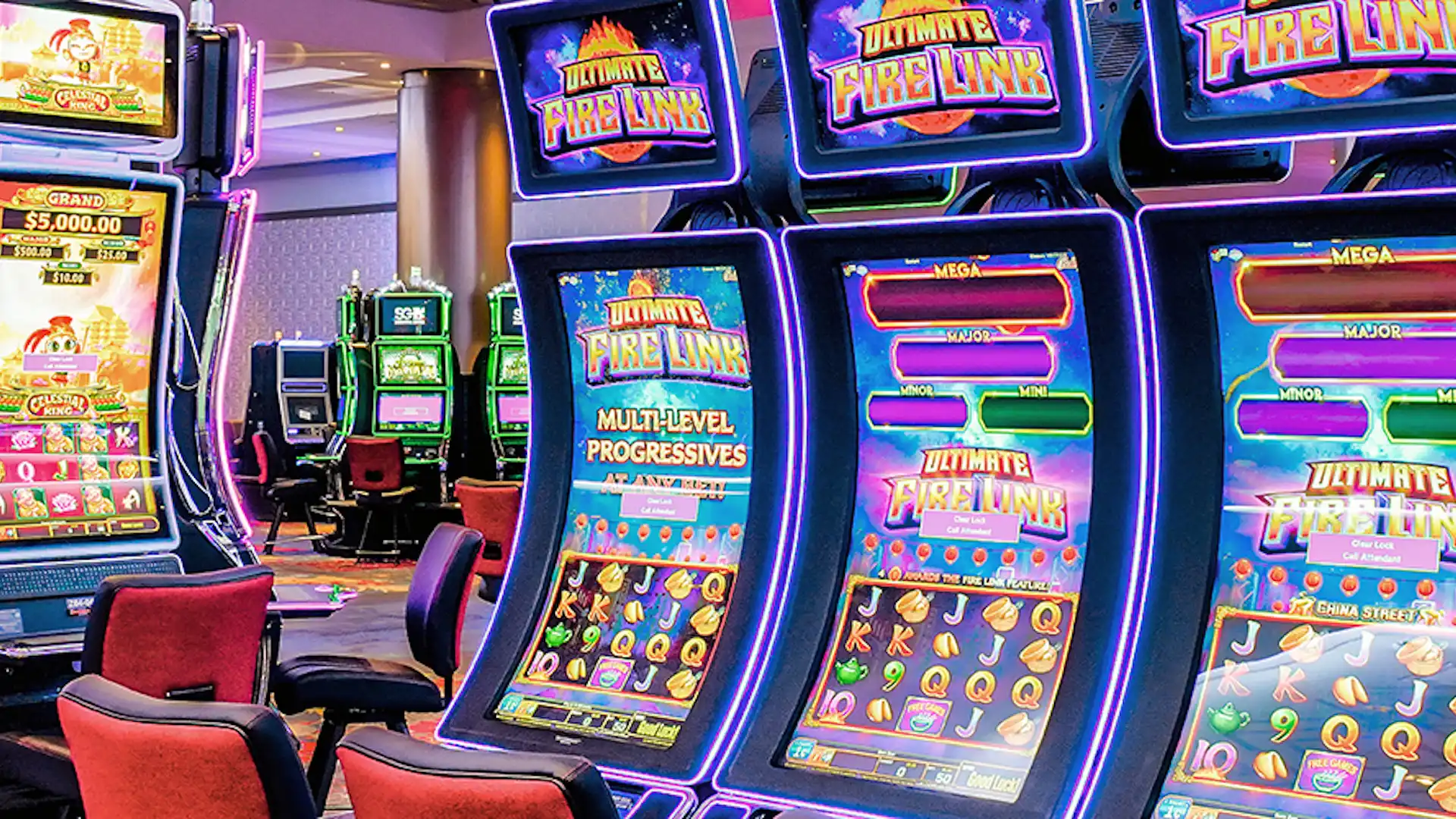
Casino games have enthralled players over the ages, transforming from basic recreational activities to intricate adventures that combine luck, strategy, and amusement. From the historical origins of gambling in societies including the ancient societies of Mesopotamia and Rome to the glitzy corridors of current casinos, the evolution of these games shows much about human nature and our connection with chance. As cultures blended and innovation has progressed, casino games have evolved, reflecting societal changes and advancements in gameplay.
The initial iterations of gambling likely featured simple games involving dice and placing bets on the outcomes of athletic contests. As time passed, these early games grew into better-organized games like playing card games, the roulette wheel, and the multitude one-armed bandits that fill casino floors today. Every generation brought its distinct regulations, aesthetics, and cultural importance. At present, casino games continue to evolve with the rise of internet-based platforms, enabling players from all corners of the globe to engage in a shared experience, further merging the traditional with the age of technology.
Initial Roots of Gambling Activities
Gaming activities have origins that stretch back to old societies, where gambling was deeply integrated in cultural traditions and social rituals. The earliest known forms of gambling developed in Mesopotamia around 3000 BC, including primitive dice games made from knuckle material. These initial games laid the foundation for more complex gambling games, reflecting humans’ instinctive desire to find fortune and entertainment through luck.
As societies evolved, so did their gambling interests. In early Chinese culture, around two thousand three hundred BC, objects were found that were similar to primitive rudimentary forms of a lottery game activity. More organized instances of betting arose in the ancient Roman civilization, where activities of luck were a common pastime, often occurring in community gatherings. The ancient Romans developed multiple betting games, which entailed die and table activities, highlighting the widespread nature of betting across various social strata.
With the passage of years, these primitive activities influenced the progress of contemporary gambling activities. In the Middle Ages, playing card activities became prevalent in European culture, paving the way for the organized gaming establishments we know today. The shift from casual gambling to organized gaming in taverns and personal houses marked a significant shift in how people interacted with activities of luck, leading to the eventual creation of casinos as dedicated venues for gambling.
The Emergence of Current Gambling Industry
The late 20th century marked a crucial shift in the realm of gaming, propelled by tech innovations and transformations in cultural attitudes towards wagering. The introduction of computers and the internet altered the way gamblers interacted with their preferred casino games. Virtual casinos emerged, allowing gamers to enjoy traditional casino classics like Texas Hold’em and 21 from the convenience of their houses. This new online environment not only expanded availability to gambling options but also attracted a fresh demographic who found the ease and variety tempting.
As online gaming gained momentum, so did developments in gaming technology. The advancement of high-quality software and visual elements transformed conventional casino games into immersive experiences. Gamblers could now interact with live live dealers through live streaming, bringing the vibe of brick-and-mortar casinos directly into their houses. This blending of live gaming with digital interfaces created a unique hybrid experience that boosted the community element of playing, allowing it possible for individuals to engage and compete with others around the globe.
Additionally, the rise of gaming on mobile devices substantially changed the casino landscape. https://8ok.run/ With the widespread use of smartphones and touch devices, players can play their preferred gaming options anywhere, anytime. Mobile applications offer a wide selection of games optimized for mobile screens, catering to the dynamic daily life of modern users. This easy access has resulted in growing participation in gambling, contributing to the rapid expansion of the gambling sector. As a result, the future of gambling continues to progress, adjusting to technological advancements and shifting player expectations.
How Technology Influences Casino Games
Technology’s advancement has significantly transformed casino games, improving the overall gaming experience for players around the world. With the introduction of the internet, online casinos were created, allowing players to play their preferred games from the safety of their own homes. This shift not only made casino games more accessible but also increased the variety of games offered, as online platforms could offer many different versions of traditional games without the limitations of brick-and-mortar establishments.
Mobile technology further revolutionized the casino gaming landscape. As smartphones and tablets became widespread, players can to engage in casino games whenever and wherever they want. This mobility has led to the development of dedicated mobile applications and optimized websites that offer smooth gaming experiences. Additionally, advancements such as live dealer games have brought the authentic atmosphere of a casino into players’ living rooms, connecting between physical and online gaming.
Moreover, advancements in AI and virtual reality are leading to the next generation of casino games. AI improves game design and player interaction, creating customized experiences based on user behavior and preferences. Meanwhile, virtual reality provides immersive environments where players can interact in a virtual casino environment, making the gaming experience more exciting and lifelike. As technology continues to evolve, the future of casino games seems bright, filled with limitless opportunities for innovation and entertainment.
